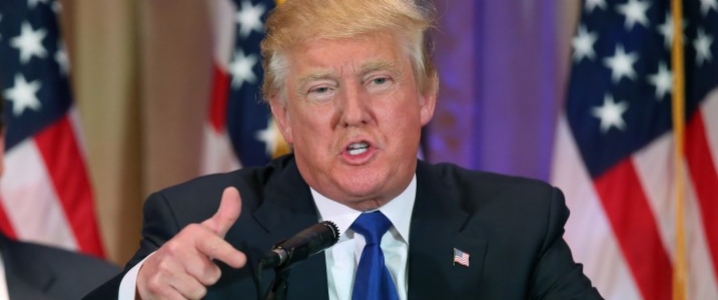By Gregory R. Copley
U.S. President Donald Trump on May 8, 2018, fulfilled a major campaign promise to his voters by withdrawing the U.S. from the 2015 JCPOA (Joint Comprehensive Plan of Action) into which it had entered with Iran and the five permanent members of the United Nations Security Council plus Germany (the P5+1) in order to exclude the prospect of Iran developing an indigenous nuclear weapons capability until at least 2028.
But the Trump action is unlikely to bring about a meaningful improvement in the security situation of the U.S., Israel, or the Middle East generally, nor significantly damage Iran’s strategic capabilities.
President Trump’s move, however, clearly threw many aspects of U.S. global strategic policy into an area of uncertainty, even though it also promised a buffer period of around six months before President Trump would have to make some major decisions with regard to the U.S. withdrawal from the JCPOA.
The buffer period may, in fact, be his negotiating period with Iran, the DPRK, Europe, and others. Certainly, one aspect of the Trump action is that it changes some of the dynamics with regard to the President’s anticipated summit with North Korean (DPRK) leader Kim Jong-Un, which has been scheduled to take place within this “window of confusion” period which Trump created.
It was no coincidence that Kim Jong-Un met in Dalien, in the People’s Republic of China (PRC), on May 8 and 9, 2018, with PRC Pres. Xi Jinping — their second meeting in two months — knowing that the Trump decision on Iran was coming.
The U.S.-Iran disposition is a critical element in the options open to the DPRK in its negotiations on a proposed agreement to “de-nuclearize” the Korean Peninsula. Both Beijing and Pyongyang are aware that by putting the U.S.-Iran 2015 deal “in play”, Trump has introduced uncertainty for them in making plans which may require coordination with — and possible “deep-freeze” warehousing of strategic weapons in — Iran. The Trump decision to end U.S. participation in the JCPOA delivered the message to the DPRK and PRC that the U.S. President would deliver on his campaign promises, regardless of domestic or foreign pressure. It also sent a message to Tehran that Mr Trump had begun his “negotiating process” with Tehran, and that the coming six months’ buffer period would be a critical maneuvering time.
Source: Oilprice.com






